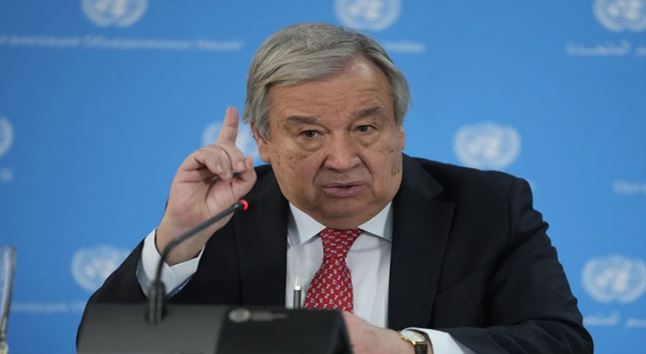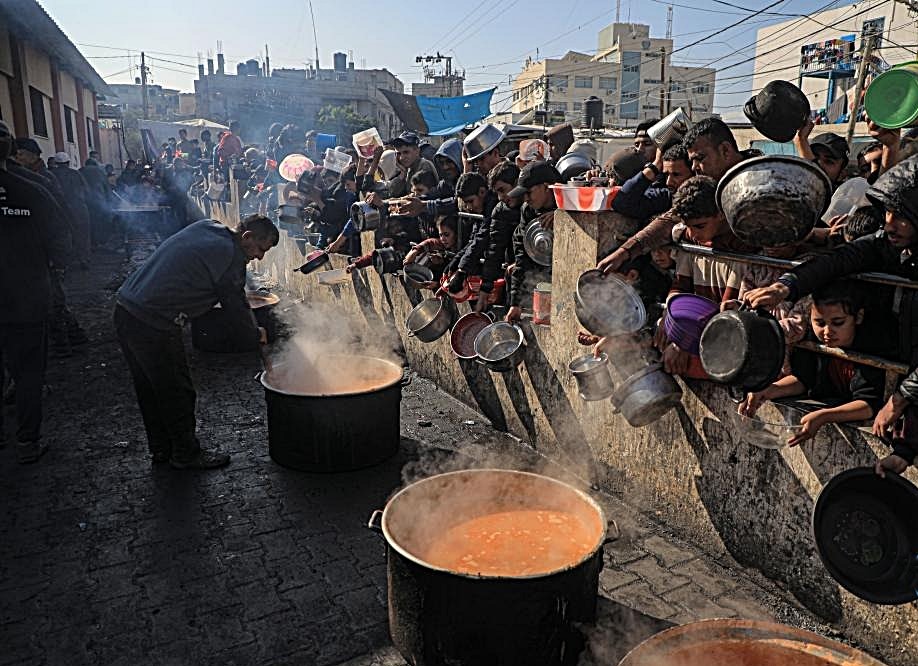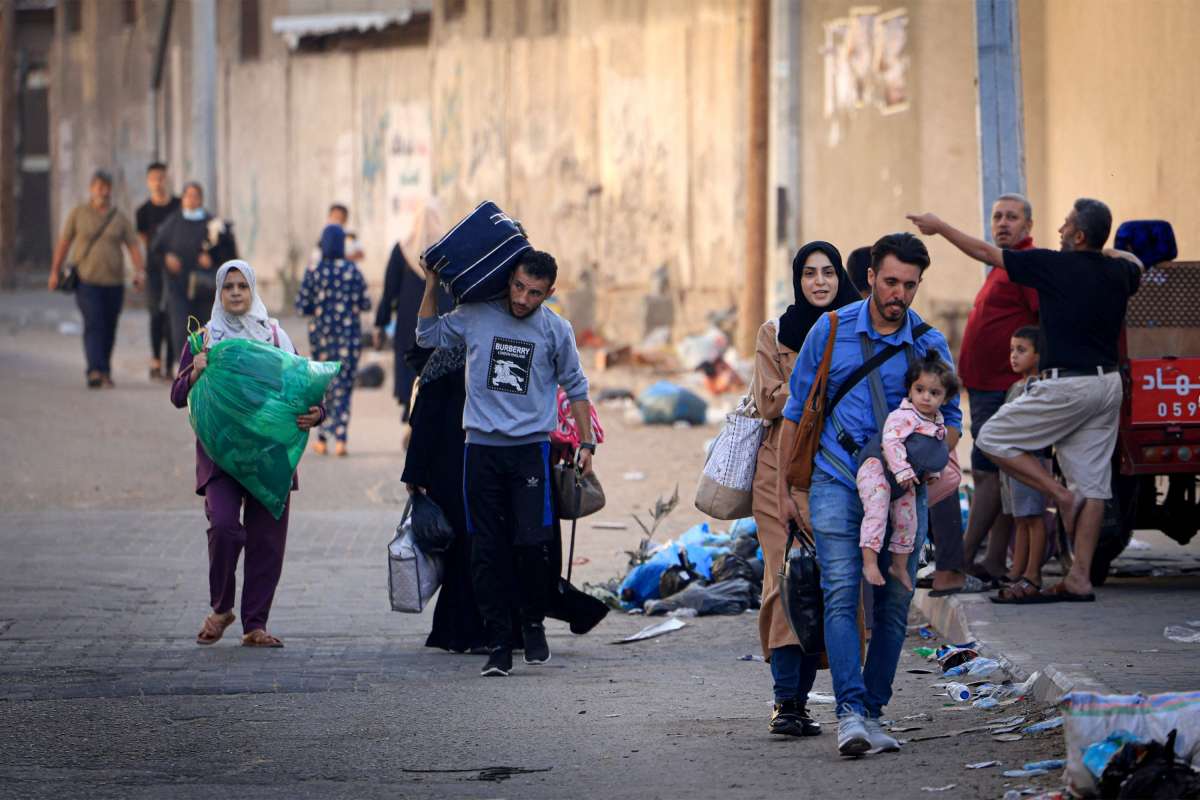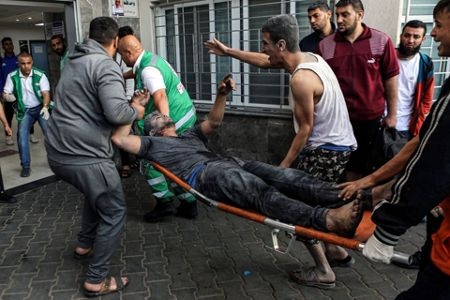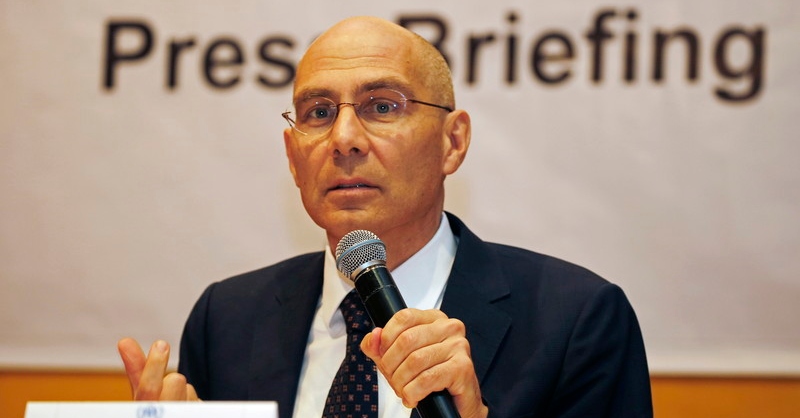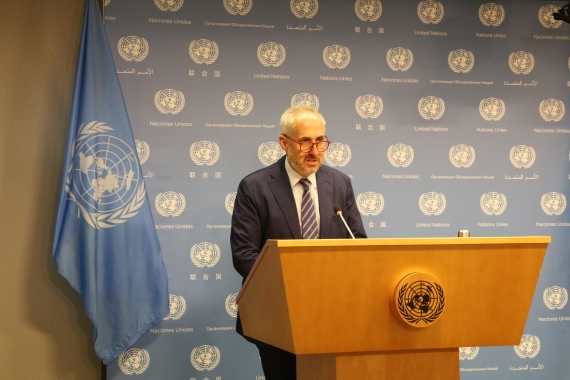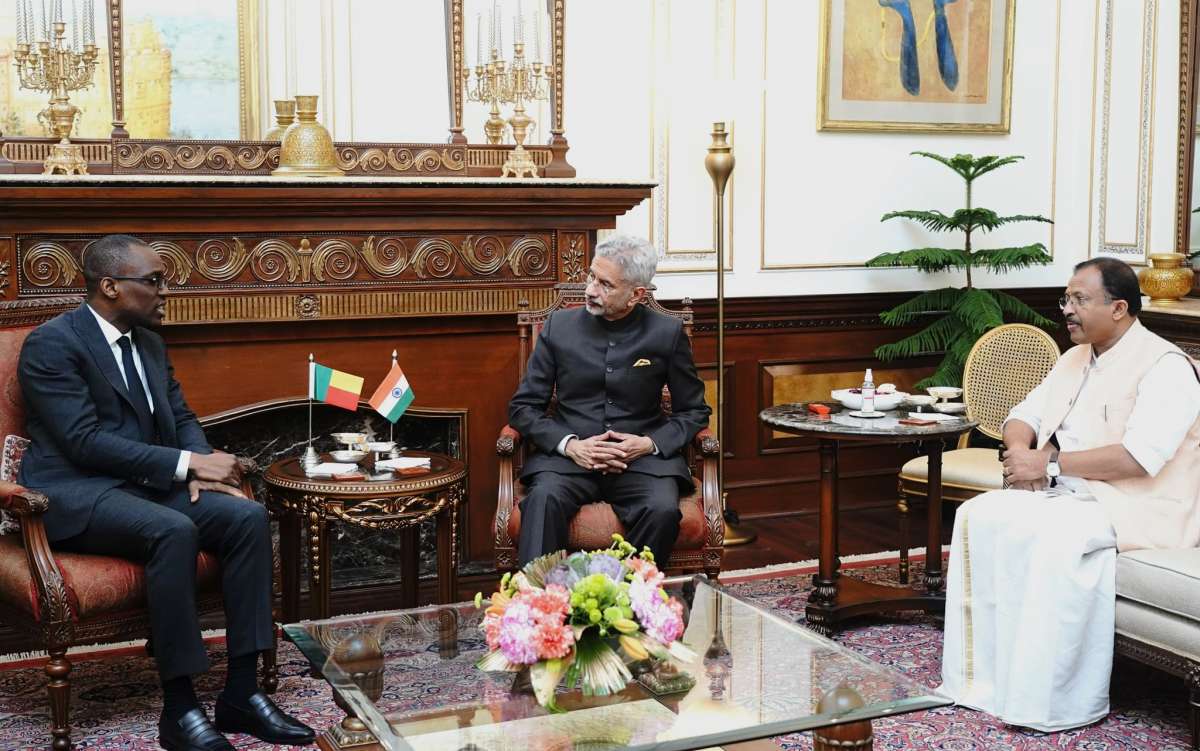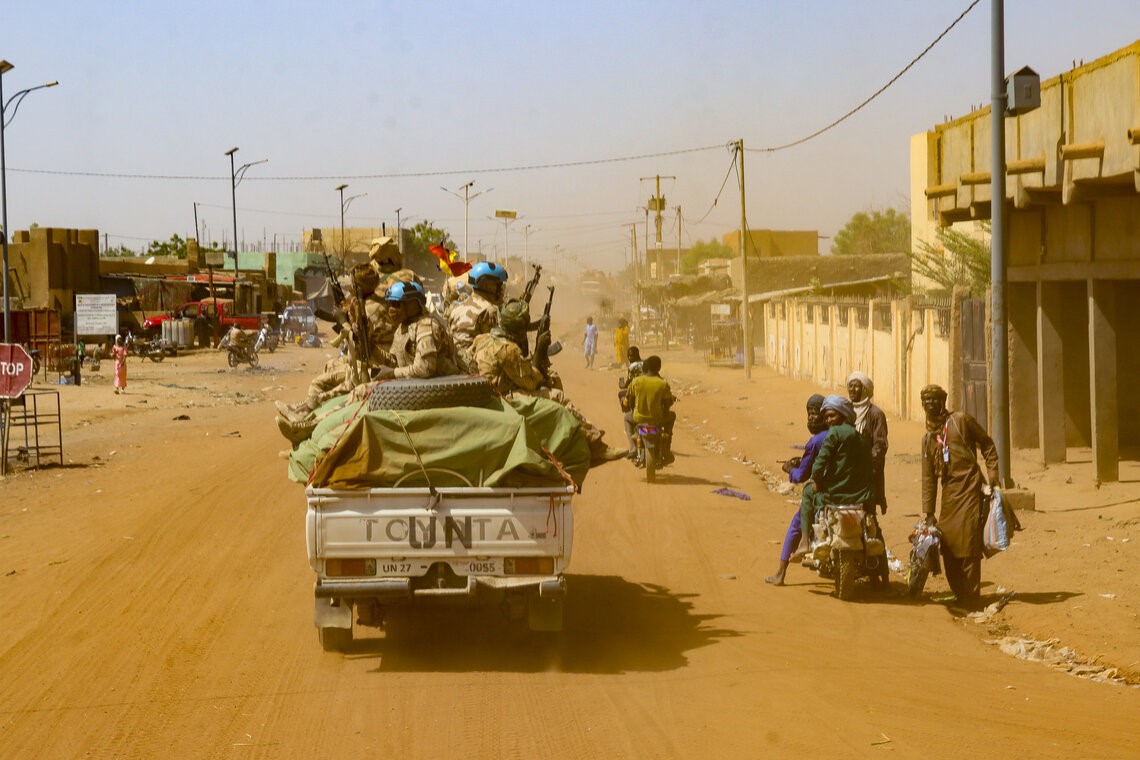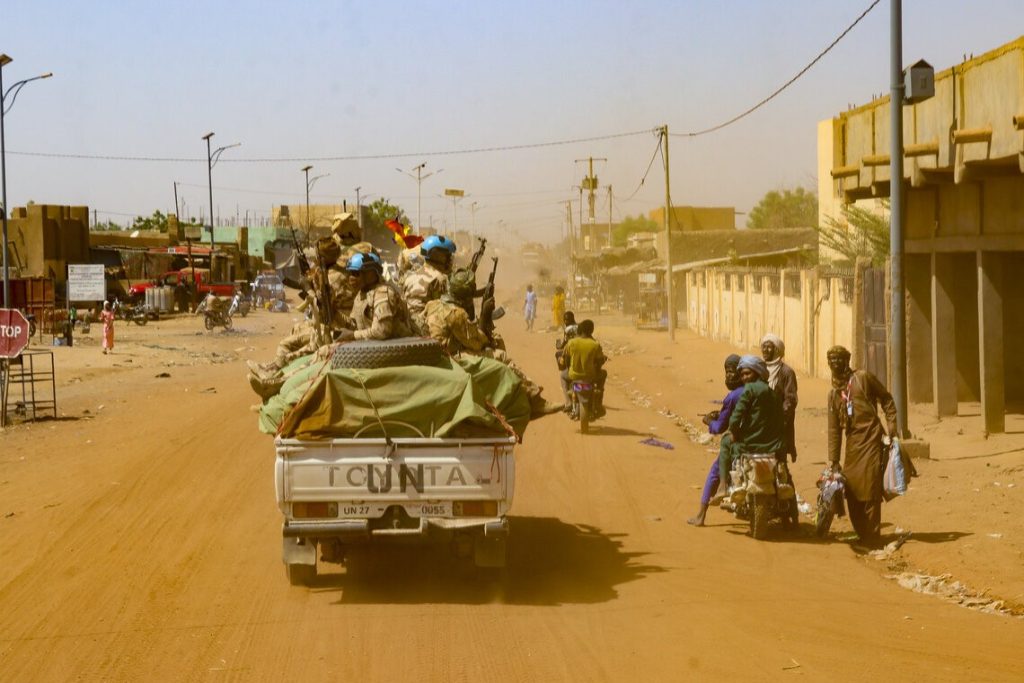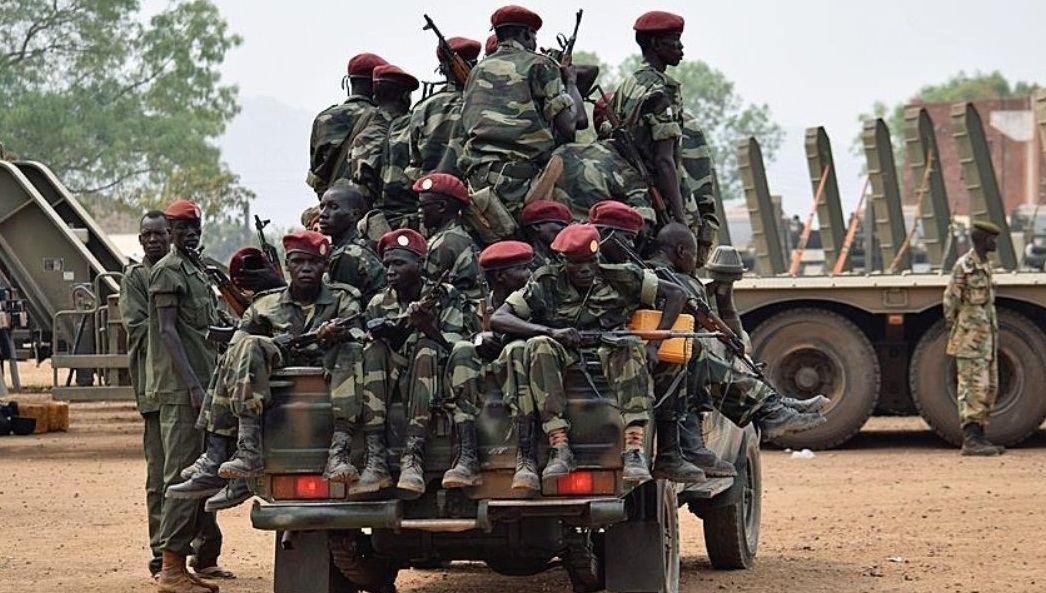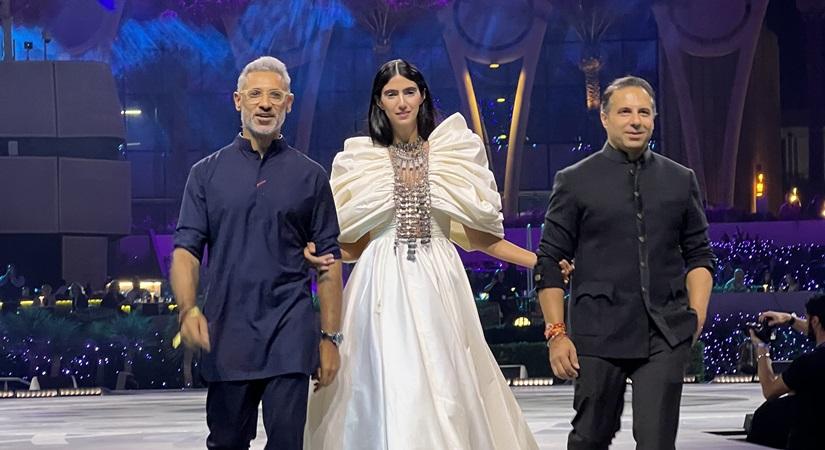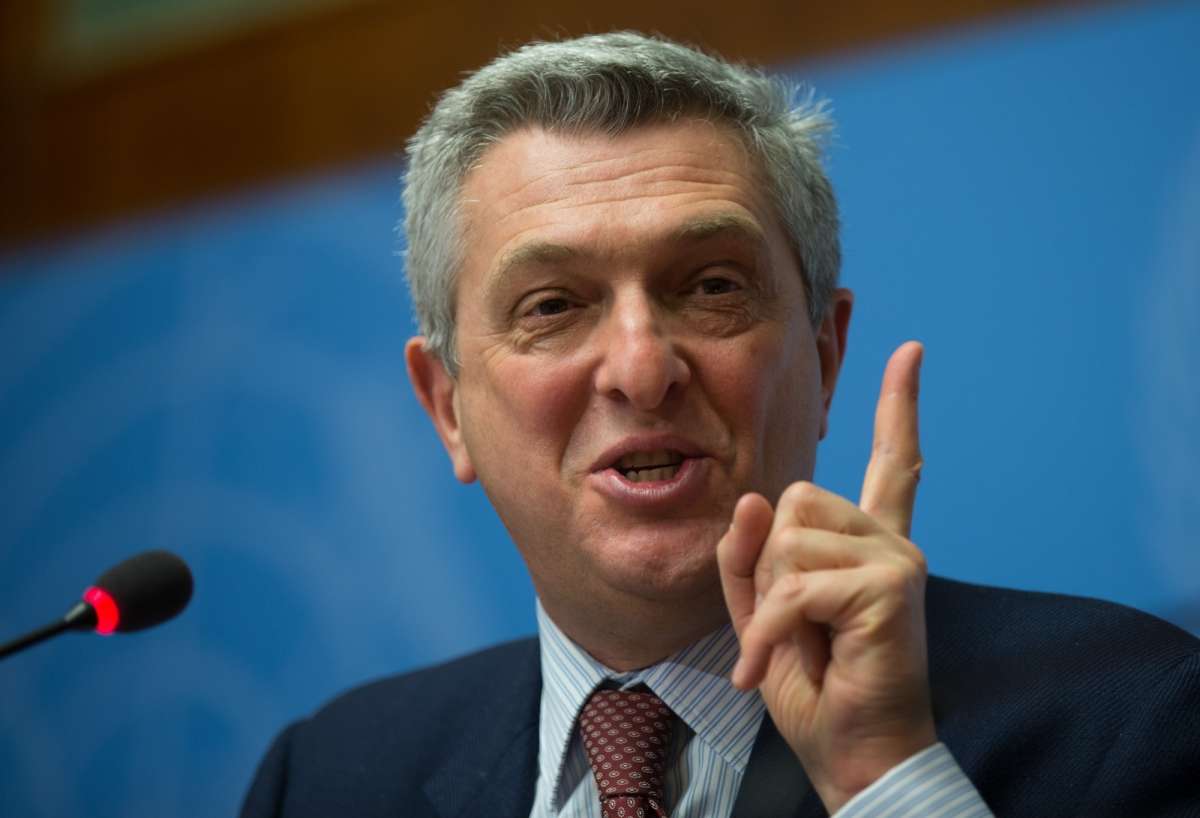The Syrian government of President Bashar al-Assad has not protested the Iranian attack as both are on the same side in fighting the Islamic State…reports Asian Lite News
UN Secretary-General Antonio Guterres is “deeply concerned” about Iran’s attacks inside Pakistan and the possibility of the crisis from the Israel-Hamas conflict spreading, according to his Spokesperson Stephane Dujarric.
“He’s deeply concerned about what we’ve seen, those Iranian strikes on targets in Pakistan that reportedly killed two children and injured several others,” Dujarric said on Wednesday.
“He again appeals (in the) strongest possible term for restraint and avoidance of any further escalation,” he added.
Iran struck two bases of the Sunni terror group, Jaish al-Adl, in Balochistan’s Koh-e-Sabz, about 50 km inside Pakistan, with missiles and drones on Tuesday.
On Monday, Tehran had attacked what it called an Israeli intelligence centre in Irbil, the capital of the Kurdish region in Iraq, and a base of the Sunni Islamic State terror organisation in Idlib in northern Syria.
Guterres is “concerned about the spread (of the conflict and) he has talked about that, really, almost since the beginning of this crisis,” Dujarric said.
Guterres, who is at the World Economic Forum meeting in Davos, discussed the regional situation in separate meetings there with Iraq’s Prime Minister Mohammed Shia al-Sudani and Nechirvan Barzani, the president of the Kurdish region of Iraq, he added.
Pakistan and Iraq recalled their ambassadors from Iran, and Islamabad has barred Tehran’s envoy from returning to the country.
Iran’s Defence Minister Mohammad Reza Ashtiani said that when anyone threaten Iran, “we will react, and this reaction will definitely be proportionate, tough and decisive.”
“We are a missile power in the world,” he warned.
Pakistan’s Foreign Ministry warned of “serious consequences” from the attack and said “the responsibility for the consequences will lie squarely with Iran”.
The Syrian government of President Bashar al-Assad has not protested the Iranian attack as both are on the same side in fighting the Islamic State.
The Islamic State had admitted that it was responsible for the bombing that killed nearly 100 people in Kerwan in Iran on January 3 during a memorial on the fourth anniversary of the killing of Qasem Soleimani, the commander of the Quds Force of Iran’s Revolutionary Guard by a US drone.
Iran International reported that Iranian Revolutionary Guard Colonel Hossein-Ali Javdanfar was killed near the Pakistan border and that Jaish al-Adl has said that it was responsible for it.
ALSO READ-Ambassador Expulsion: Pakistan’s Firm Reply to Iranian Aggression

